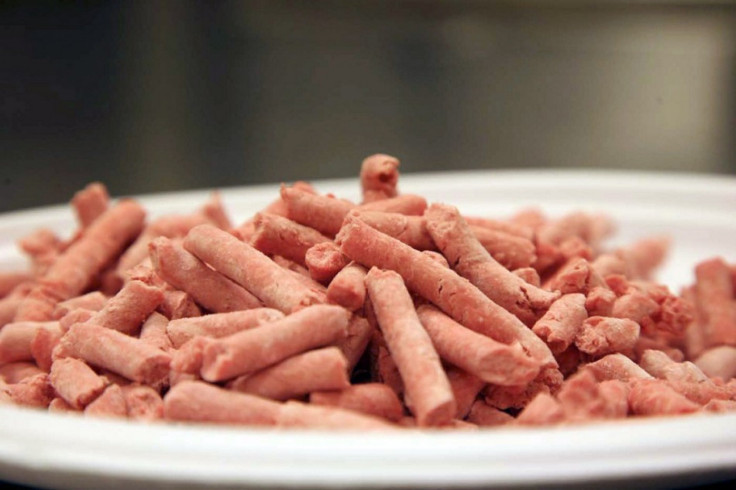‘Pink Slime’ Maker Suspends Plant Operations

Pink slime makers suspended production of the controversial beef trimmings washed in ammonia at three of its four plants on Monday, citing the public's recent concern about the product.
Demand for the product dropped in half after product's safety concerns became widespread and fast food chains stopped using the beef substitute. The reduced demand forced pink slime maker Beef Products Inc. to suspended operations in its plants in Iowa, Texas and Kansas and temporarily suspended 650 workers with pay.
We don't really believe we have a choice to cease operations, Rich Jochum, a BPI spokesman, told the Omaha World-Herald. The production plant in South Sioux City, Neb. will remain open, company officials said.
At this point, the decision has been made to continue the South Sioux City operation, but we will continue to evaluate that as market conditions unfold, Jochum said.
If demand does not improve in the next 60 days, the plants may be permanently closed and the 650 workers may be laid off. Hopefully it won't come to that, Craig Letch, the company's director of food safety and quality assurance, told the Associated Press.
We feel like when people can start to understand the truth and reality then our business will come back, Letch said. It's 100 percent beef.
Pink slime is made from fatty pieces of meat left over after cutting away steaks and other prime cuts. The pieces are spun in a centrifuge to separate fat and meat and then mixed with ammonia to kill bacteria.
Critics argue the process of decontaminating the meat is ineffective and celebrity chef Jamie Oliver called the product dog food.
But maker BPI maintains that its product is safe.
Boneless lean beef trimmings are 100 percent edible meat, the company writes on its website. No process exists that could somehow make an inedible meat edible.
Pink slime has been in use for years in everything from fast-food restaurants to school lunches to grocery stores, but demand for the product has been waning. In December, McDonald's, Burger King and Taco Bell announced that they would no longer use pink slime in their food, and on March 15, the U.S. Department of Agriculture announced that schools will be able to opt out of serving BPI products.
Several grocery stores such as Publix, Costco, Safeway, Whole Foods Market, H-E-B, and SuperValu also stopped selling meat made with pink slime.
© Copyright IBTimes 2025. All rights reserved.





















